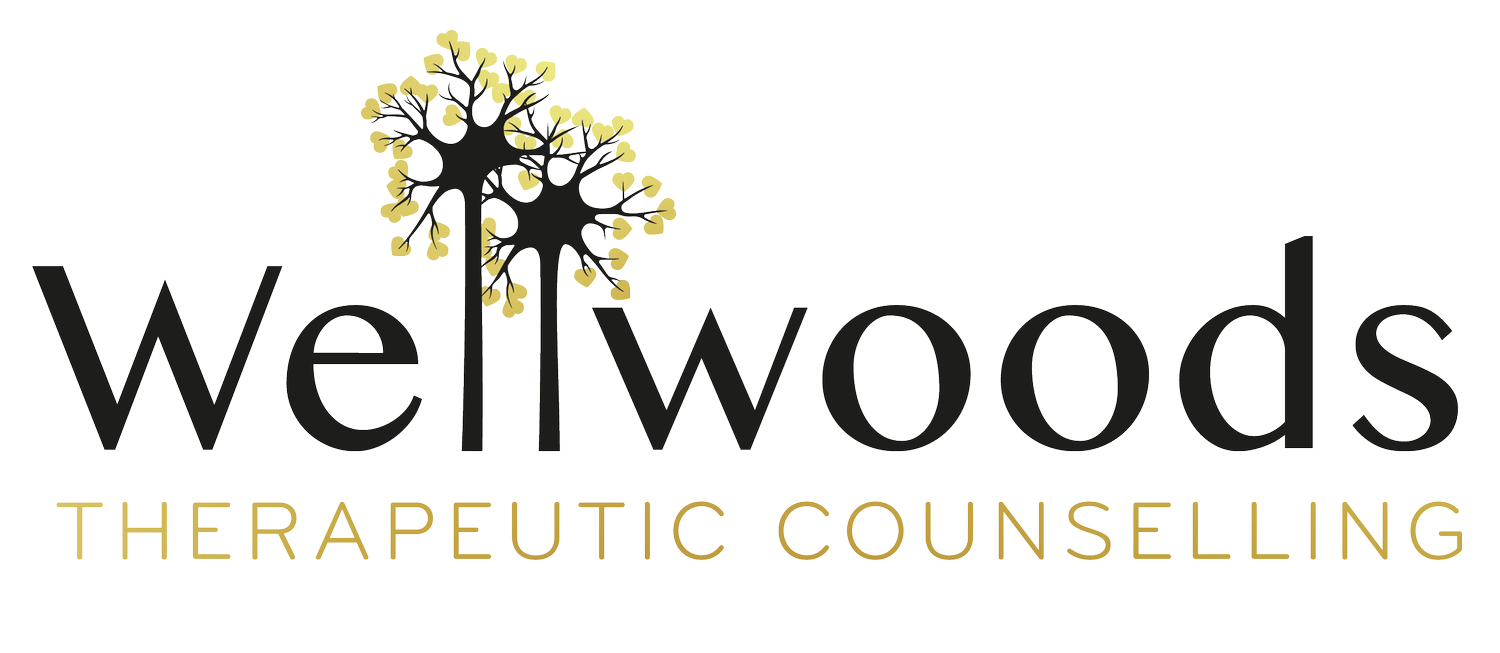Breaking the Spell of Positivity
If you’re unhappy and you know it, clap your hands. Nope, I’ve never heard anyone sing that. But, perhaps we would all be a lot better off if we did. In a culture that promotes and reflects happiness as the desirable state of mind at all times, and all costs, it can be difficult to acknowledge or stay with pain. But, acknowledging and sharing our true feelings can benefit us as individuals, and as a society.
Besides those kindergarten song circles, where did we learn that always being positive is a prerequisite for success in life? I see the wide smiles of satisfaction everywhere in advertising and now, with social media, I see them on the faces of people I know. Yet, this status quo does not reflect what I feel about the world or hear from those who share their true feelings with me. In the book World as Lover, World as Self, Buddhist scholar and systems theorist, Joanna Macy, points out that, “unflagging optimism” is considered the American way. She says, “this cultural habit casts a kind of spell, obscuring perceptions and fostering a dangerous innocence of the real world.” In the real world, there are a lot of very good reasons to be sad and mad, or to feel empty, numb or despairing.
It is socially acceptable to push away pain in order to remain positive, but this strategy can perpetuate pain and make it difficult to actively respond to what is happening in our world. Feelings provide our individual system with feedback about the larger systems we are a part of, and they can move us towards change. I think of difficult emotions as analogous to pins and needles in my foot from sitting on it for too long. If I could simply ignore the feeling without changing positions, I might put my foot in real danger. While it may seem that listening to our feelings will overwhelm us, I believe that when we are able to listen to our feelings we can respond to them. Difficult feelings can inspire us to make changes in the areas of our lives or the world that bother us.
That said, big feelings can be hard to do alone. Dr. Sue Johnson, attachment theorist and founder of Emotionally Focused Therapy (EFT), stresses the role that “a felt sense of emotional isolation from others” plays in triggering and perpetuating emotional disorders, such as anxiety and depression. We need each other! Sharing feelings with others can reduce isolation and help us to regulate or soothe our nervous systems so that feelings don’t overwhelm us.
While, we may not feel encouraged by the people in our life to share our true feelings, finding someone, such as a counsellor or a peer, or a group of people, whether facilitated or self-led, who are skilled at being with pain can help break us out the habit of faux-positivity. If you don’t have insurance or the funds to afford a counsellor, there may be a sliding scale counselling service in your community that supports low-income folks. And, believe it or not, there are people, like me, who feel honoured and relieved when we hear others share their true feelings. The difficult stuff is real and human. It breaks my heart, but as Joanna Macy says, “the heart that breaks open can contain the universe.”
I truly wonder what would happen if the “happy and you know it” song had a verse about sadness, anger, fear or emptiness. If you’re mad and you know it, tell an adult you’re being bullied. If you're empty and you know it, ask the Earth or someone to hold you. If you're sad and you know it and you really want to show it, if you're sad and you know it, hold a hand and shed some tears.

